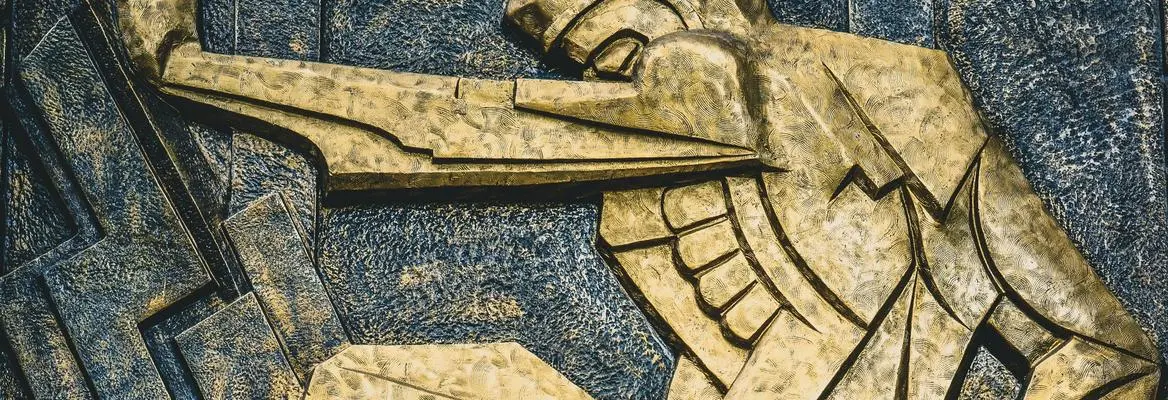Work is not something detached from the rest of human life. It rather is synonymous with life. In the words of Pope Piux XI, we humans are “born to labor, as a bird is born to fly.”
As adults there is nothing that more preoccupies our lives than work. For 95% of us, work is an entirely non-discretionary matter. We must work. We do not sleep, spend time with our families as much as we work, eat or recreate or rest as much as we work. Whether we love our work or hate it, succeed in it or fail, achieve fame or infamy through it, we are all – like Sisyphus – condemned to push and chase that thing we call our job, our career, our occupation, our calling or our vocation all our days. “Even those of us who desperately don’t want to work,” said the American poet Ogden Nash, “must work in order to earn enough money so that they won’t have to work anymore.”
I have been fascinated by work.
I come from a family of workers who immigrated to the United States in the early 1900s and who, by dint of their labor, not only survived but thrived. My family valued and honored work. They believed in it and praised it. It was their yardstick for measuring status and success. Although there was no shame in being “out of work” because you lost your job due to economic hard times, work was an obligation of adult life. The only sin was in not wanting to work, in being lazy.
___
For the men and women of my family, work was the active demonstration of their life and the proof of their commitment to one another.
___
My maternal grandfather, for example, was finally forced out of his janitorial job, for insurance reasons, when he was in his late eighties. My father and uncle stayed on their jobs well into their seventies. My beloved godmother worked for the same company for forty-eight years. And my mother retired in her late sixties, only because I begged her to do so in order to help care for my youngest child. For the men and women of my family, work was the active demonstration of their life and the proof of their commitment to one another. Work was a source of pride and a badge of honor for responsibilities accepted and borne bravely.
In an old, Italian neighborhood of Chicago, long before the cloistering effects of television and air-conditioning, summer nights were spent outside. While it was still light, the boys played baseball in the street, the girls jumped rope on the sidewalk, and the adults – segregated by gender – would sit on the front steps and talk. When it got too dark to play, the younger children were sent to bed. The older kids had the option of laying claim to a porch of their own or joining the adults, but only to listen, never to be heard. More often than not, I joined the adults, sometimes the women but most often the men.



















Join the conversation